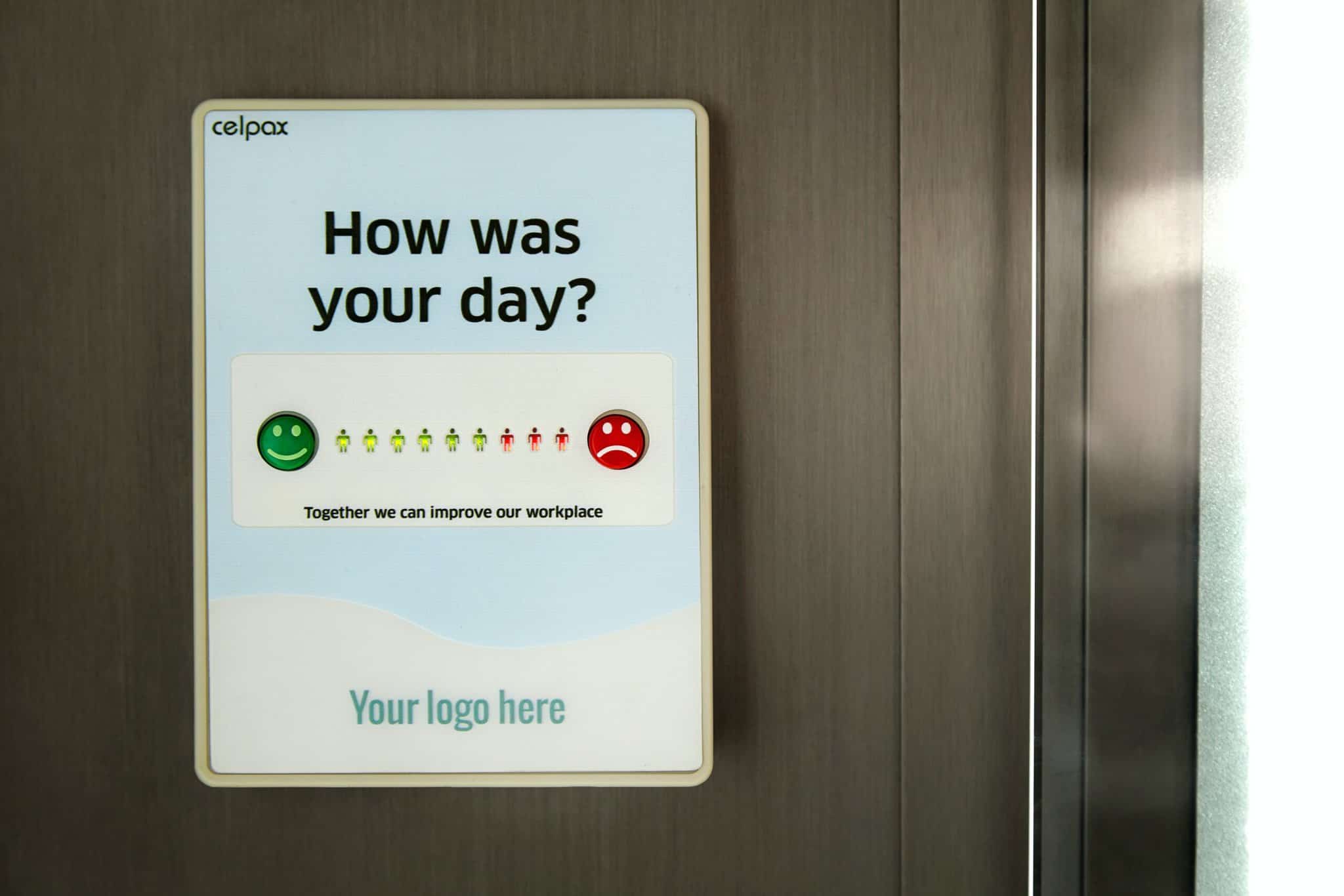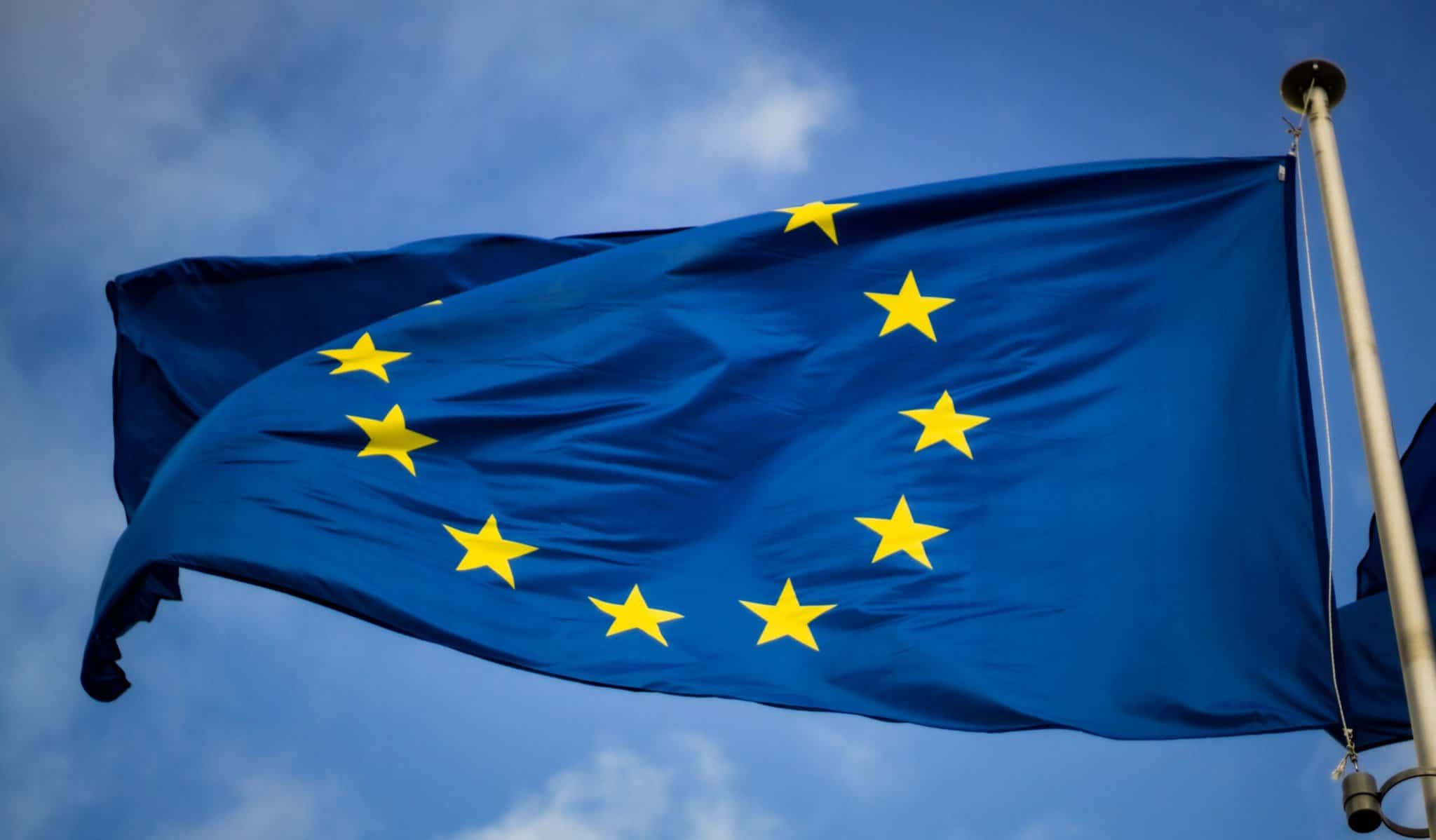If there’s one thing that is certain when it comes to Brexit – it’s that nothing is certain. The deadline for Britain’s departure has been breached, the government is facing changes, and none of the laws regarding the IT sector have been publicly presented. The current predictions are somewhat positive in the outlook for the IT sector, but the main obstacles to be faced are law adaptation and inevitable turmoil once Brexit finally takes place.
Brexit negotiations and outlook
There are three possible negotiation scenarios between the United Kingdom and European Union:
- Hard Brexit, which would restrict both labour and trade.
- Free Trade, where the UK receives trade benefits but imposes restrictions on labour.
- Free labour, UK suffers restrictions on trade, but labour movement remains the same.
Despite how drastic these scenarios may seem, software companies will be affected much less than companies in other sectors, because their products are classified as product-as-a-service. Under the General Agreement on Trade in Services (GATS), cloud software sales would remain tariff-free.
The UK may also need to renegotiate investment and trade agreements with third parties, as the current treaties could expire after the departure. As bilateral trade negotiations with third parties cannot be formally conducted until The United Kingdom leaves the EU, UK-based companies might be faced with a less favourable negotiating position than the ones in the EU.
Data Privacy, Data Collection, and Intellectual Rights
While GATS does provide a positive outlook, the big question for software companies and the IT sector, in general, will be the laws and regulations regarding data privacy and data collection.
Existing European Union regulations may no longer be applicable to UK based companies, possibly hindering several fields. This could result in a need to adjust data systems to newly established regulations.
In regards to intellectual rights, companies may need to apply for both UK and EU intellectual property rights for all future trademarks and patents. Existing EU patents will likely remain valid.
Employee status
The United Kingdom imports just above 5% of the EU workforce for the IT sector. Given the high status of the sector, these workers will have little to no issues with receiving a work visa or residence. However, the situation with UK employees in the EU might be entirely different, as they will lose their EU resident status, and will be handled on state-by-state, as well as individual level.
Post Brexit migration of labour will definitely slow down due to more strict regulations.
Sales of The United Kingdom’s software companies
Currently, the majority of the United Kingdom’s IT exports are towards non-European Countries, at around 60%. These sales should remain mostly unaffected by Brexit changes, and could in fact increase due to already established trade agreements and economic climate shift. Still, 40% of these sales-as-services are going towards the EU, and predictions are that those sales will reduce overall.
A study performed by a team from the Bank of England, Stanford University, and the University of Nottingham surveyed 7500 business executives in the UK. From the data collected, they estimate that Brexit is likely to reduce future UK productivity by around half a percentage point. The majority of business owners anticipate increased costs of labour and fees while having reduced sales.
Possible solutions for software companies
Uncertainty brought by Brexit will without a doubt impact sales between the UK and EU. Still, there are possible solutions to mitigate lower sales, and in fact, increase them as competition struggles to adapt.
Companies that mainly export services towards the EU might find relocation as a good option to retain and increase sales. Choosing the right country and location is difficult, and depends on workforce availability, hub’s growth, being close to universities, etc.
Such operation will be challenging, especially when it comes to finding quality labour. An option is to outsource software sales to a company that already has a good grasp of the market, and get ahead of the competition. Choosing the best sales outsourcing companies will make the difference between good, and great sales.
Companies that would like to move in on the British market might find their marketing skills ineffective or insufficient on the drastically changing market and should consider cooperating with an outsourced sales agency. Building up connections and relationships with such companies might turn out to be essential for continuous growth on the market.
Conclusion
It’s been months since the expected formal departure of The United Kingdom from the EU, and they still remain a part of it. Sales and investments are still decreasing, but not as much as they did initially. There is no definitive answer to what is going to happen, but the best advice I can give is to prepare for the new regulations, build connections and find the right sales company. This could make all the difference in the vulnerable, and uncertain post-Brexit market.








